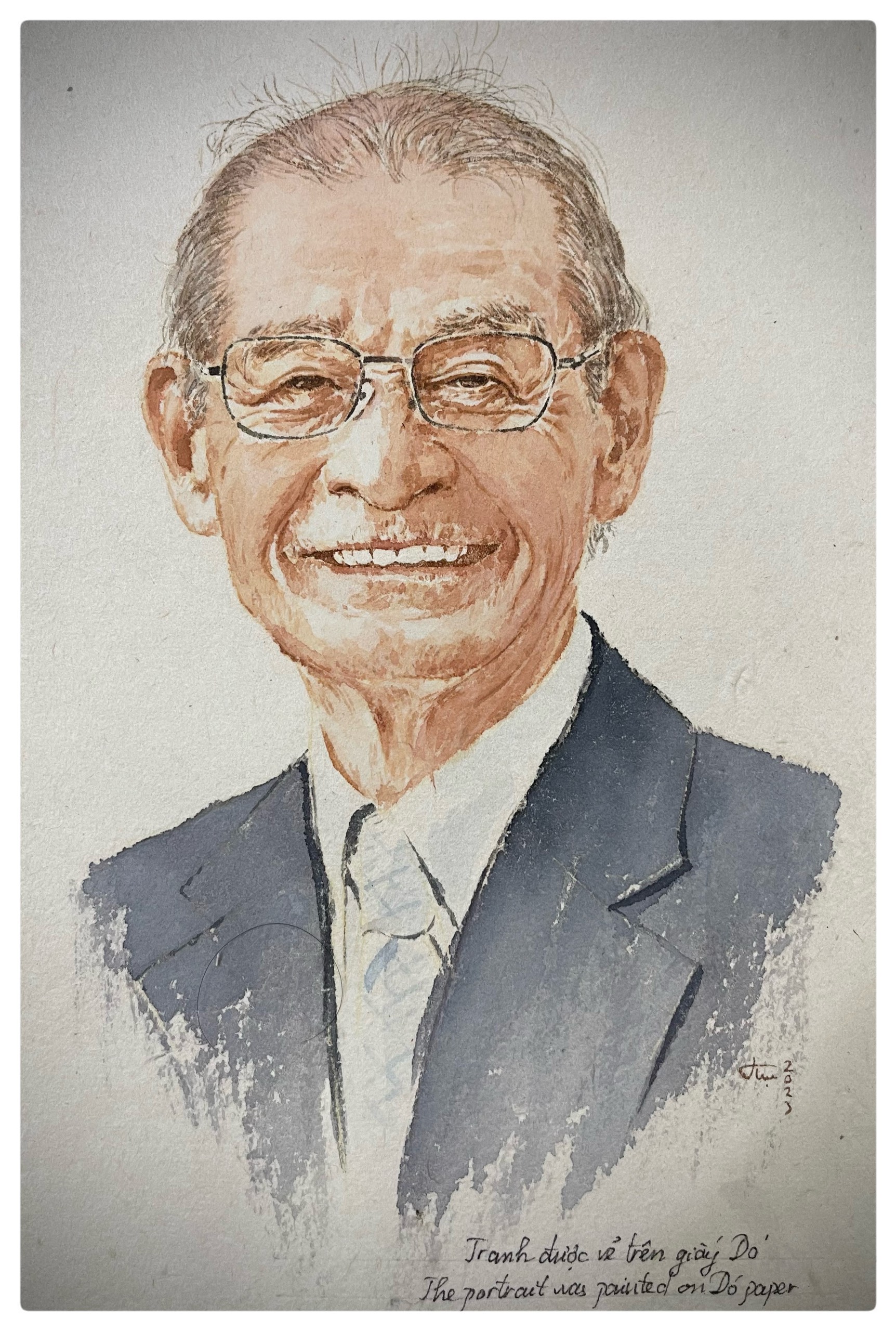AFFILIATION
Asahi Kasei Corporation and Meijo University, Japan
SUMMARY OF WINNING ENTRY
Development of carbon black as anode in the Lithium ion batteries
Professor Akira Yoshino stands out for his pioneering development of carbon black as a Lithium-ion batteries anode. Leveraging his study of polymeric material, he applied these discoveries to the use of carbon materials like carbon black for battery applications. Carbon black possesses several suitable properties including lightweight, high capacity towards Lithium ions, and good electrical conductivity. Besides the work on carbon black anode, Professor Yoshino also introduced notable innovations such as the aluminum foil current collector and the development of functional separator membranes, which were crucial in enhancing the efficiency and functionality of Lithium-ion batteries.
SCALE OF IMPACT
Lithium-ion batteries have revolutionized energy storage over the past decades, offering enhanced safety, compactness, convenience, and durability. Today, they form the backbone of a sprawling industry and are a foundational component of the modern world, powering more than 15 billion mobile devices and 26 million electric vehicles globally. The impact of Lithium-ion batteries is predicted to grow exponentially as the world shifts towards renewable energy sources. In this future, Lithium-ion battery technology, in combination with technologies like solar panels, will enable continuous and sustainable green energy production and storage.
MEANINGFUL CHANGE
The innovation of Lithium-ion battery marks a monumental shift in energy storage, significantly impacting billions of people on Earth. They underpin a multitude of electric devices, from smartphones to electric vehicles, thus enabling a more connected, mobile, and sustainable world. Furthermore, Lithium batteries’ high energy density and long-life cycle are pivotal in the transition to renewable energy sources, reducing reliance on fossil fuels and mitigating climate change’s adverse effects. By fostering the development of affordable and accessible energy solutions, they play a crucial role in alleviating energy shortage and improving living conditions for underserved populations.








